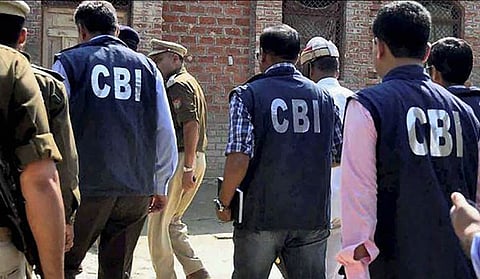

A special Central Bureau of Investigation (CBI) court in Mumbai has delivered its verdict in the 2010 Western Naval Command recruitment scandal, convicting two key accused, including a senior Navy officer and a coaching centre proprietor, for leaking the Lower Division Clerk (LDC) examination paper.
Judge Amit V Kharkar sentenced Commander Ramesh Chand Saini, then president of the Western Naval Command’s recruitment board at INS Angre, and Rambir Singh Rawat, owner of Manasa International Academy in Visakhapatnam, to three years’ rigorous imprisonment and imposed a fine of Rs 50,000 each. Failure to pay will result in an additional month of simple imprisonment.
“Both accused acted with dishonest intention to cheat the Indian Navy and general public and caused wrongful gain to accused persons and wrongful loss to Indian Navy,” the court observed in its order.
The court, however, cleared both men of charges related to cheating, forgery, and use of forged documents.
Leak traced to commander’s custody
As per a report by Hindustan Times, the investigation began after a CBI raid on United Lodge near Crawford Market on September 25, 2010, a day before the LDC exam. Question papers seized during the raid were later found to be identical to the official set prepared by Saini.
The judgement noted that Saini had “exclusive knowledge and custody” of the paper and personally carried it on a pen drive to Pune, where it was printed between September 16 and 18, 2010, under supervision at Atharva Consultancy and Allied Services.
Rawat’s role involved distributing the leaked paper to candidates. Identical copies were later discovered at his coaching centre in Visakhapatnam.
“The chain of evidence points out that Saini was aware of the question paper and they were in his custody all throughout,” the court stated.
“The accused No 2 leaked the said questions to various candidates with the help of co-accused persons,” it added.
Four walk free
Four co-accused, Ram Chandra Naik, Hoshiar Singh Rawat, D Srinivasa Murthy, and Kuldeep Kumar, were acquitted due to insufficient evidence.
“Considering this hypothesis, the benefit of doubt would accrue to the accused,” the court said, pointing to gaps in the chain of evidence and the death of the printing press proprietor before trial.
